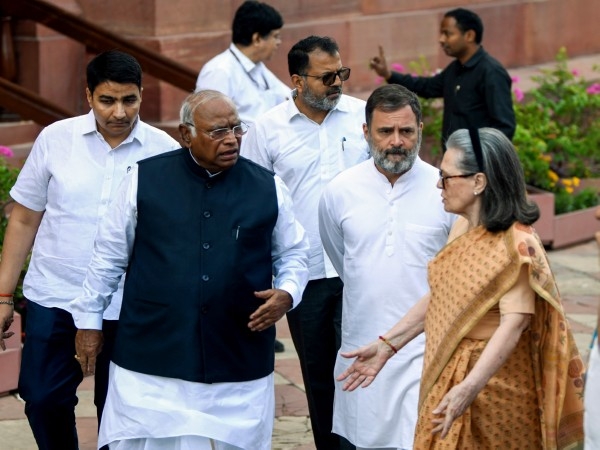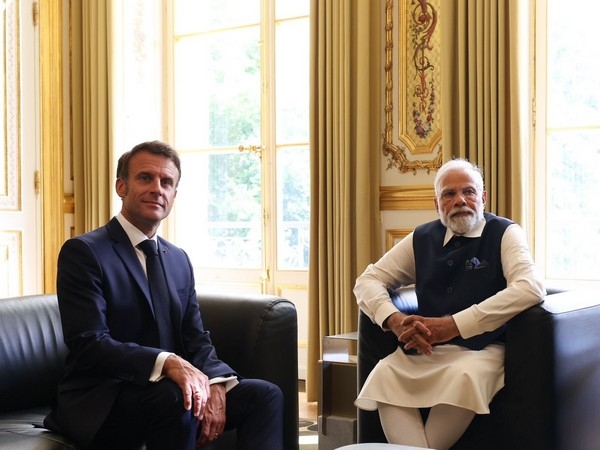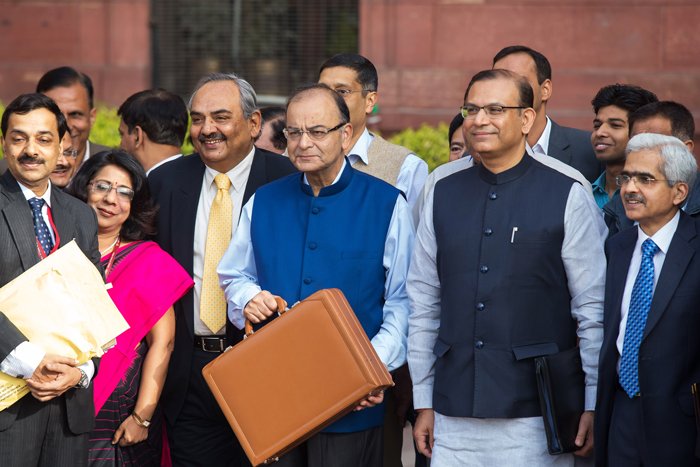
- Budget 2016 was rather lacklustre for the salaried class. Despite the lack of announcement of any new relief measures for the middle class, the budget had one major glitch.
- Taxing the Employee Provident Fund: A move that is drawing flak from all corners with the Modi government aiming to roll it back.
- Here\'s a checklist of all you need to know and why it \'actually\' needs to be rolled back.
That Budget 2016 was lacklustre is a publicly known and widely accepted fact. Rather than focusing on industry-specific policies or reneging market rules, the budget took a rather UPA-centric 'Populist approach' considering the state elections are in fray and a lot is at stake. But, one move caught the salaried class off-guard and created quite a stir: taxation on Employee Provident Fund (EPF).
So, here's your guide to understand EPF first:

Catch News
The EPF is a retirement benefit scheme that was structured to provide financial security to employees of factories and other establishments post-retirement, as reported by Reuters.
It is administered by the Employees' Provident Fund Organisation (EPFO) whose highest body is the Central Board of Trustees, with representation from the government, employers, and employees.
While 12 per cent of the basic salary and dearness allowance has to be contributed by all employees earning up to Rs 15,000 per month (not mandatory for others), the employer component (12 per cent) has to be contributed mandatorily in case of all employees.
The employer's component is split into EPF (3.67 per cent) and the Employees' Pension Scheme (8.33 per cent). The interest rate due on EPF is decided by the government every year.
Now, getting back to the tussle:
EPF has so far been EEE or Exempt-Exempt-Exempt. In simpler terms, tax-free.
EPF is categorised as EEE, which means that the investment in the EPF is tax-free at all the three stages of investing, interest accumulation, and withdrawal.
The EEE status is also available to Public Provident Fund, equity linked savings schemes and life insurance policies.
What did Arun Jaitley do?
The government on Monday proposed to impose a tax on 60 per cent of the corpus at the time of withdrawal. More burden on common taxpayers. This created quite a stir, as evident online with numerous petitions and frenzied debates.
Concerns and apprehensions were been raised from various quarters including employees' representatives on the Central Board of Trustees.
Rollback? Already?
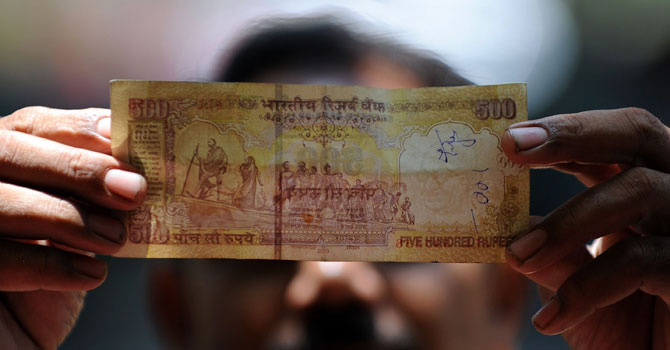
AFP
Meanwhile, in an attempt to pacify citizens, the government, in its clarification issued on Tuesday, said that "The Government has announced that forty per cent of the total corpus withdrawn at the time of retirement will be tax exempt both under recognised Provident Fund and NPS.
It is expected that the employees of private companies will place the remaining 60 per cent of the Corpus in Annuity, out of which they can get regular pension.
When this 60 per cent of the remaining corpus is invested in Annuity, no tax is chargeable.
So, what it means is that the entire corpus will be tax-free, if invested in annuity."
Now, a look at the campaign:
A campaign on Change.org by CFA Vaibhav Aggarwal has asked Finance Minister Arun Jaitley to roll back taxation on EPF and maintain status quo. He has also stated, "Don't burden the salaried class who have supported you in the 2014 elections and have huge expectations."
Click here to check out the campaign : CLICK HERE
Meanwhile, you can also read the FULL TEXT here:
First published: 2 March 2016, 8:09 ISTThe finance minister has today put forward a proposal to tax the 60% of EPF (Employee Provident Fund)
This is a draconian act and will be a killer blow to the already tax burdened salaried class which pays 30% income tax + 30% taxes in indirect form i.e customs, excise, service tax etc.
The money which is left after paying more direct/indirect taxes is saved into EPF and used for retirement planning. But, now even this corpus will be snatched away to a major extent .
I urge all of you to sign and share this petition and request honourable Mr Arun Jaitley to withdraw this decision and maintain status quo
A) No tax on either interest or contribution
B) No tax on Employer's contribution to provident fund beyond Rs 1.5 lacs per annum
C) Maintain status quo please
Other important points
A) Finance Ministry has clarified no tax on PPF
B) Check historical returns on annuity schemes . Do some research and share facts in public domain.
C) There should be parity between debt and equity instruments under savings in Sec 80C. If ELSS gains have no taxes after holding for 3 years, then why have any tax on fixed income instruments like EPF ?
D) NPS is a market linked plan where returns are not fixed like EPF.
HT: Reuters




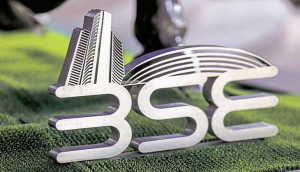
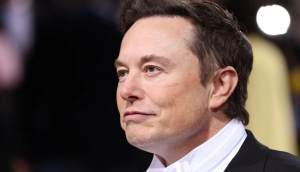

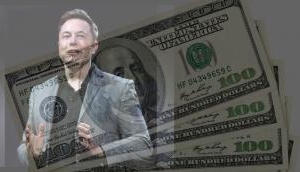
![BJP's Kapil Mishra recreates Shankar Mahadevan’s ‘Breathless’ song to highlight Delhi pollution [WATCH] BJP's Kapil Mishra recreates Shankar Mahadevan’s ‘Breathless’ song to highlight Delhi pollution [WATCH]](https://images.catchnews.com/upload/2022/11/03/kapil-mishra_240884_300x172.png)

![Anupam Kher shares pictures of his toned body on 67th birthday [MUST SEE] Anupam Kher shares pictures of his toned body on 67th birthday [MUST SEE]](https://images.catchnews.com/upload/2022/03/07/Anupam_kher_231145_300x172.jpg)


